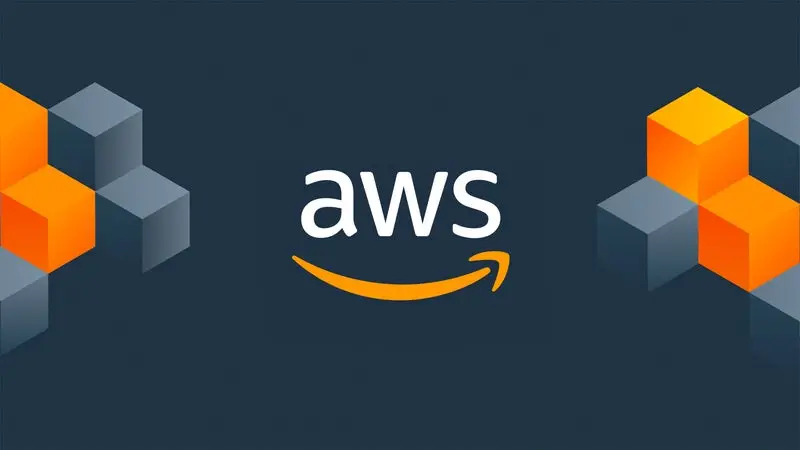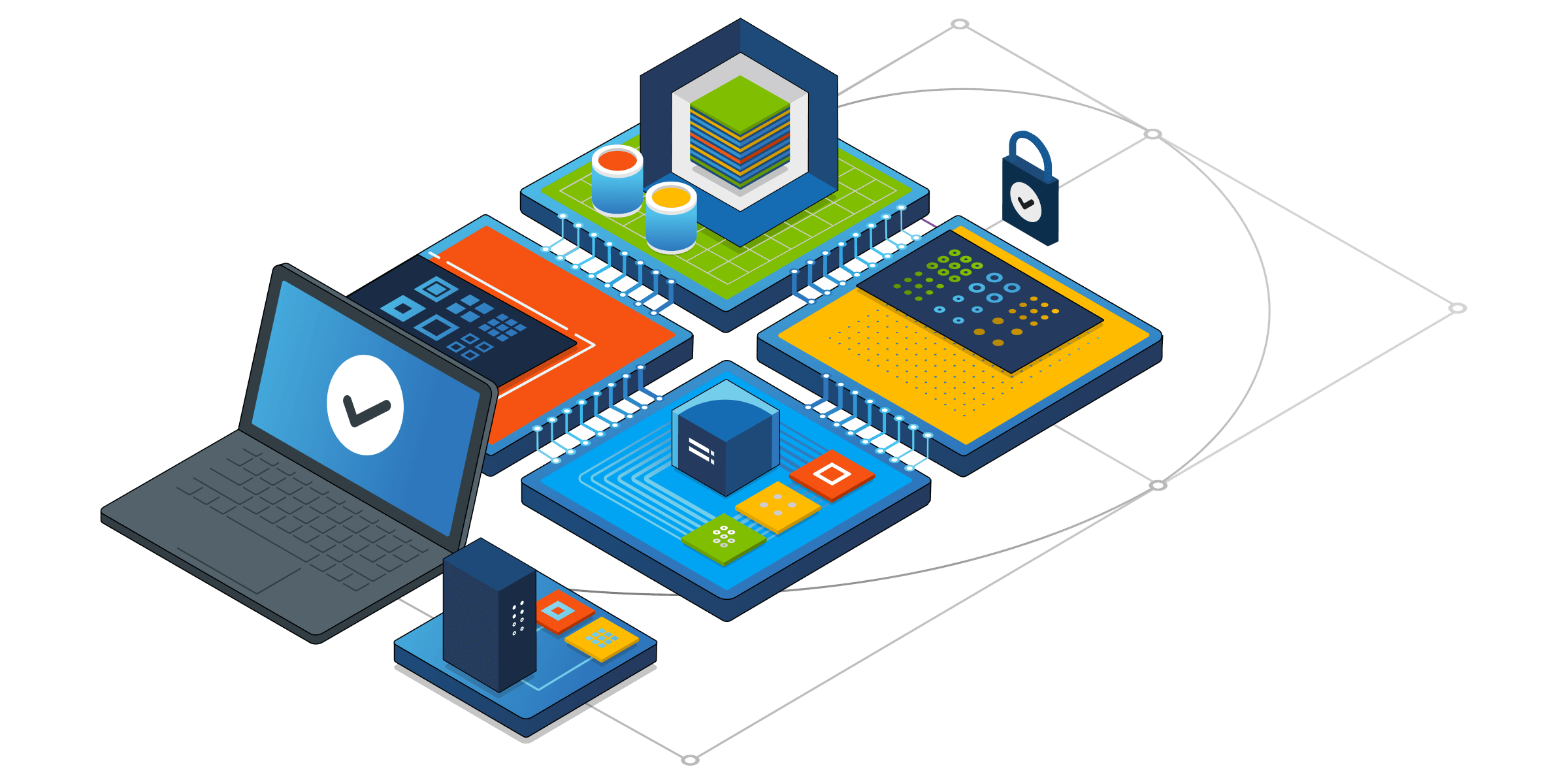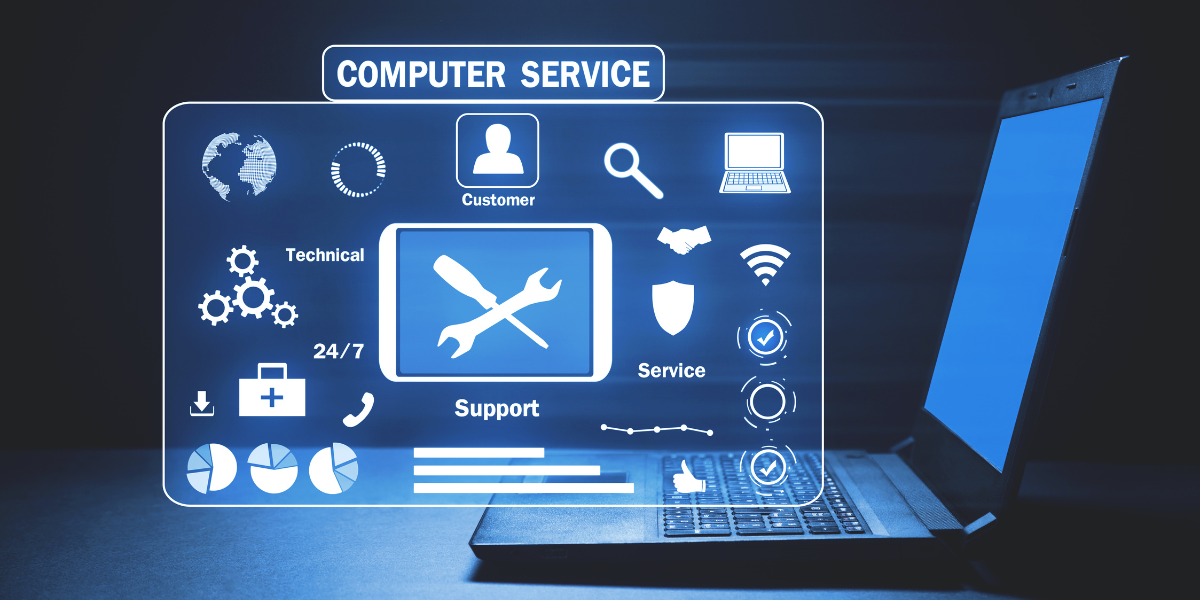What Are the Key Benefits of Cybersecurity Services?
Cybersecurity services provide businesses with robust protection against digital threats, reducing the risk of data breaches, financial losses, and reputational damage. With the rise in cybercrime, organizations must prioritize cybersecurity solutions to secure sensitive data, customer information, and proprietary systems. A well-implemented security strategy enhances customer trust and ensures smooth business operations.
Beyond protection, cybersecurity services also improve regulatory compliance. Many industries are required to follow IT security compliance regulations to safeguard user data. Implementing strong security monitoring and threat detection solutions ensures adherence to legal and industry standards while avoiding hefty penalties. Cybersecurity services also enhance business continuity by preventing cyber incidents from disrupting operations.
How Does Cybersecurity Protect Businesses from Cyber Threats?
Cybersecurity services protect businesses by implementing a multi-layered approach to threat detection and risk mitigation. Firewalls, encryption, access controls, and ransomware protection help prevent unauthorized access and malware attacks. Advanced endpoint security solutions ensure that every device connected to the network is secure, minimizing vulnerabilities.
Another essential aspect is security monitoring, which continuously tracks network activity to detect suspicious behavior before it escalates into a serious breach. Businesses also benefit from penetration testing, which simulates cyberattacks to identify weaknesses in their security framework. This proactive approach helps organizations patch vulnerabilities before cybercriminals can exploit them.
What Are Common Types of Cyber Attacks Businesses Face?
Businesses face a variety of cyber threats that can compromise their security and data integrity. One of the most common is phishing attacks, where cybercriminals trick employees into revealing sensitive information through deceptive emails or websites. These attacks are often used to steal login credentials and gain unauthorized access to corporate systems.
Another significant risk is ransomware, where attackers encrypt business data and demand payment for its release. Without proper ransomware protection, businesses can lose access to crucial files, leading to operational disruptions and financial losses. Other common cyber threats include distributed denial-of-service (DDoS) attacks, malware infections, and insider threats, all of which require strong cybersecurity solutions to mitigate.

How Can a Company Improve Its Cybersecurity Measures?
Improving cybersecurity measures starts with a comprehensive risk assessment to identify potential vulnerabilities. Organizations should implement managed security services to monitor, detect, and respond to cyber threats in real time. These services ensure that security patches and software updates are applied regularly to close security gaps.
Employee training is another crucial step in enhancing cybersecurity. Many cyberattacks, such as phishing attacks, succeed due to human error. Conducting regular security awareness training helps employees recognize threats and follow best practices to keep company data safe. Additionally, businesses should enforce multi-factor authentication, data encryption, and firewall protection to create a more secure environment.
What Are the Essential Cybersecurity Tools for Businesses?
Businesses must deploy a combination of cybersecurity solutions to safeguard their networks, data, and systems. Firewalls serve as the first line of defense by filtering malicious traffic and preventing unauthorized access. Firewall protection is crucial in blocking cyber threats before they infiltrate business networks.
Another essential tool is endpoint security, which protects devices such as laptops, smartphones, and servers from cyberattacks. Businesses also require threat detection systems that use AI-driven analytics to identify and respond to cyber threats in real time. Additionally, cloud security solutions help secure data stored in cloud environments, ensuring that businesses remain protected even when employees work remotely.
How Does Managed Cybersecurity Differ from In-House Security?
Managed cybersecurity services offer businesses a proactive and cost-effective way to enhance security. Unlike in-house security teams that require continuous training and resources, managed security services provide 24/7 monitoring, advanced threat intelligence, and incident response from cybersecurity experts.
In contrast, in-house security teams may struggle with limited expertise and resources. While internal teams offer greater control over security policies, outsourcing to managed security services allows businesses to leverage cutting-edge tools and experienced professionals to mitigate cyber risks more effectively.
We understand that each business has unique challenges and goals. We tailor our services to meet your specific needs, focusing on providing measurable results and significant impact at every turn.
SPRING IT SERVICES Tweet
What Industries Need Cybersecurity Services the Most?
Every industry benefits from cybersecurity, but some sectors face a higher risk due to the sensitive nature of their data. Financial institutions require robust data protection and network security to safeguard customer accounts and transactions. Healthcare organizations also need strict IT security compliance to protect patient records from cybercriminals.
E-commerce businesses, government agencies, and tech companies also face a high risk of cyberattacks. Without strong cyber resilience, these industries can suffer financial losses and reputational damage. Ensuring comprehensive security monitoring and firewall protection is essential in protecting critical infrastructure and customer data.
What Is the Role of Firewalls and Antivirus Software in Cybersecurity?
Firewalls and antivirus software are fundamental components of cybersecurity solutions. Firewall protection prevents unauthorized access by filtering incoming and outgoing network traffic. It acts as a barrier between a business’s internal systems and external threats, ensuring that only legitimate data flows through.
Antivirus software complements firewall protection by scanning, detecting, and removing malware. It helps businesses prevent infections from viruses, ransomware, and other malicious
software. When combined with security monitoring and endpoint security, firewalls and antivirus solutions provide businesses with a solid defense against cyber threats.
How Does Cybersecurity Help in Compliance with Regulations?
Regulatory compliance is a key aspect of modern cybersecurity. Organizations must adhere to IT security compliance requirements to protect customer data and avoid legal consequences. Regulations like GDPR, HIPAA, and PCI-DSS impose strict cybersecurity standards that businesses must follow.
Cybersecurity measures such as data protection, encryption, and penetration testing help businesses meet compliance standards. Regular audits and security monitoring ensure that organizations maintain high security levels and avoid regulatory fines. Compliance also builds customer trust, as clients feel safer when they know their data is handled securely.
What Are the Latest Trends in Cybersecurity?
Cybersecurity is constantly evolving to combat emerging threats. One of the latest trends is AI-driven threat detection, which leverages machine learning to identify and mitigate cyber risks in real time. Another growing trend is cloud security, as more businesses transition to cloud-based operations and require robust protection against data breaches.
Zero Trust security models are also gaining traction, ensuring that users and devices are continuously authenticated before accessing business networks. Additionally, businesses are investing in cyber resilience strategies to recover quickly from cyber incidents. As cyber threats become more sophisticated, adopting these latest trends ensures businesses stay ahead of attackers.
Conclusion
Cybersecurity services are essential for businesses looking to protect their data, systems, and reputation from evolving cyber threats. By implementing cybersecurity solutions, organizations can enhance network security, safeguard against phishing attacks, and ensure compliance with regulations. Whether through managed security services or in-house efforts, a proactive approach to cybersecurity is crucial in today’s digital landscape.
To stay ahead of cyber threats, businesses should leverage firewall protection, ransomware protection, and security monitoring tools. Investing in robust cybersecurity strategies not only safeguards businesses from financial losses but also fosters trust among customers and stakeholders.




















